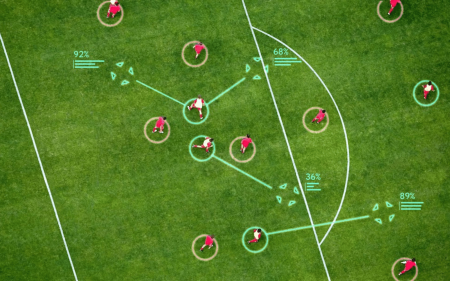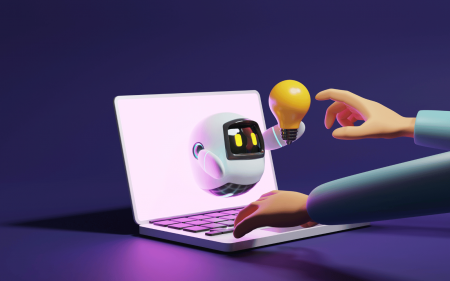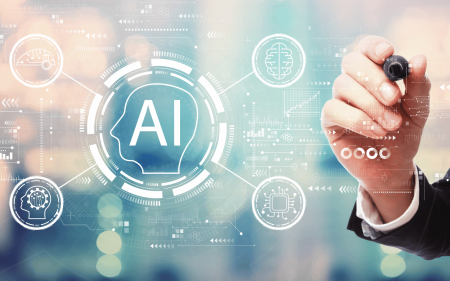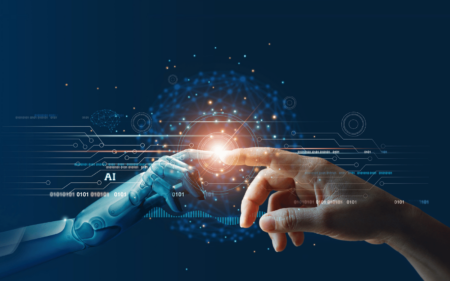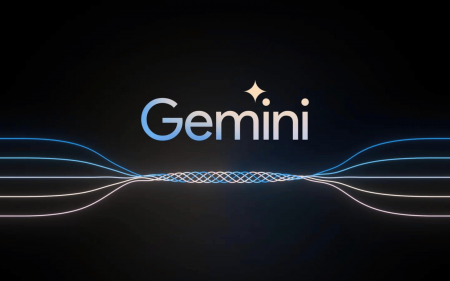Are you tired of companies stuffing AI into their products wherever possible? Well, would you mind suspending that weariness until…
Browsing: AI
Last Sunday, Liverpool faced Manchester United in the quarter finals of the FA Cup – and in the final minute of extra…
In the face of this ongoing “digital divide”, countries are now talking about a future of inclusive artificial intelligence (AI).…
Artificial intelligence’s capacity to process and analyze vast amounts of data has revolutionized decision-making processes, making operations in health care, finance, criminal justice and…
Imagine a future where your access to justice depends on an algorithm, your freedom of expression is filtered through AI,…
All levels of research are being changed by the rise of artificial intelligence (AI). Don’t have time to read that…
In December 2023, Google announced the launch of its new large language model (LLM) named Gemini. Gemini now provides the artificial intelligence (AI)…
Choosing a smartphone is about to get a little more difficult with Honor launching its Magic V2 and Magic 6…
Emotion artificial intelligence (AI) uses biological signals such as vocal tone, facial expressions and data from wearable devices as well as…
Microsoft has implemented changes to the guardrails that govern prompts in Copilot after one of the company’s AI engineers wrote…


